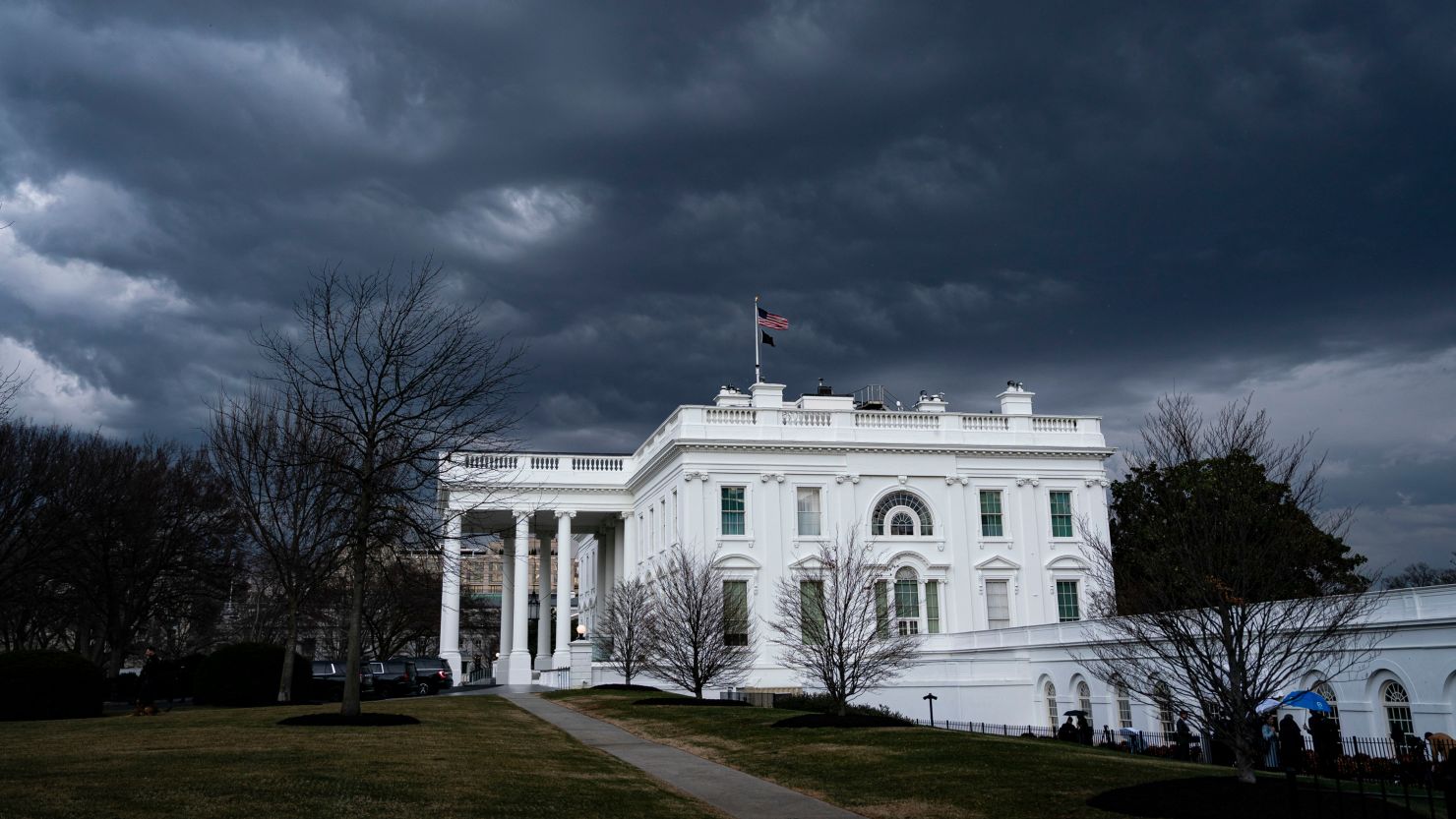Articles in this Cluster
21-05-2025
A U.S. federal judge warned the Trump administration it may be in contempt for deporting migrants to South Sudan in possible violation of his order requiring a “meaningful opportunity” to challenge removal to third countries. Immigration lawyers said a flight with about a dozen people, including nationals of Myanmar and Vietnam, landed in South Sudan. The DOJ said one Burmese man was returned to Myanmar and declined to disclose the Vietnamese man’s destination, calling it classified; both men had serious criminal histories, according to government lawyers. The judge ordered the migrants kept in government custody and treated humanely pending a hearing, and cautioned that sending migrants to countries like Libya or South Sudan could breach his April injunction. The case underscores escalating clashes between federal courts and the administration over mass deportations and third-country removals.
Entities: U.S. federal judge, Trump administration, South Sudan, Department of Justice, Myanmar • Tone: analytical • Sentiment: negative • Intent: inform
21-05-2025
Attorneys for Vietnamese and Burmese migrants filed an emergency motion alleging the Trump administration deported at least a dozen detainees to South Sudan, violating a federal court order requiring written notice and a chance to contest removal to third countries. One Burmese client with limited English was reportedly flown from Port Isabel Detention Center without an interpreter or proper notice; a Vietnamese migrant and others were allegedly on the same flight. Judge Brian Murphy had previously barred such third-country deportations without due process. Lawyers seek the migrants’ return and an order halting further removals absent compliance. DHS has not confirmed the flights; South Sudan currently carries a U.S. “do not travel” advisory due to conflict.
Entities: Trump administration, Vietnamese migrants, Burmese migrants, South Sudan, Department of Homeland Security (DHS) • Tone: analytical • Sentiment: negative • Intent: warn
21-05-2025
A federal judge in Boston, Brian E. Murphy, ruled that the Trump administration violated his prior order by deporting eight men with barely 24 hours’ notice, despite a requirement to allow at least 15 days to contest removal to a third country. The deportees—citizens of Cuba, Laos, Mexico, South Sudan, Burma, and Vietnam with serious criminal convictions—were flown from Texas to Djibouti on a private jet, with DHS declining to disclose the final destination but saying it was not South Sudan. Murphy demanded a list of officials involved and warned they could face criminal contempt, while ordering that the men receive legal counsel and interviews to assert fear-of-harm claims, with a 15-day window to challenge adverse determinations and U.S.-arranged housing pending decisions. The case is one of several recent accusations that the administration has skirted the judge’s due-process order in deportations involving third countries.
Entities: Brian E. Murphy, Trump administration, Department of Homeland Security, South Sudan, Djibouti • Tone: analytical • Sentiment: negative • Intent: inform
21-05-2025
A federal judge in Boston ordered the Trump administration to keep migrants in U.S. custody upon landing from a deportation flight that advocates said was headed to South Sudan, warning the government may be in contempt of his April injunction requiring 15 days’ notice before sending people to third countries. During a chaotic hearing, officials could not say where the plane was or its destination, citing disputed “classified” claims. One Burmese migrant was later said to have been sent to Myanmar, while the destination of a Vietnamese man was withheld. The ruling follows repeated clashes over due process as the administration pursues third-country removals, seeking deals to send noncitizens far from the U.S. A Wednesday hearing will examine whether the government violated the court’s order and migrants’ rights.
Entities: U.S. federal court in Boston, Trump administration, South Sudan, third-country removals, injunction requiring 15 days’ notice • Tone: urgent • Sentiment: negative • Intent: inform
21-05-2025
A federal judge in Massachusetts ruled the Trump administration violated a court order by deporting migrants to South Sudan and other third countries without adequate notice or due process. Eight people were apparently removed, most not South Sudanese, with shifting and unclear destinations. The judge criticized the government’s opaque process, noted potential grave risks to deportees, and warned against false statements to the court. He clarified that any third-country removals must include formal notice and at least 10 days for migrants to contest. Homeland Security defended the deportations as involving serious criminals but withheld final destinations, while South Sudan said no such migrants had arrived.
Entities: Trump administration, White House, South Sudan, Department of Homeland Security, federal judge in Massachusetts • Tone: analytical • Sentiment: negative • Intent: inform
21-05-2025
A disputed US attempt to deport migrants to South Sudan has spotlighted the country’s escalating political turmoil. A federal judge ruled the move violated a court order on due process for third-country deportations. South Sudan denied receiving the migrants and vowed to re-deport any non-nationals. Meanwhile, the country faces deepening instability: Vice-president and opposition leader Riek Machar is under house arrest following clashes involving the White Army militia, straining the fragile peace deal that ended the 2013–2018 civil war. UN warnings of a relapse into widespread conflict coincide with ongoing government offensives in the northeast and President Salva Kiir’s elevation of Benjamin Bol Mel—seen as his chosen successor—within the ruling SPLM. Despite vast oil reserves, South Sudan remains underdeveloped, impoverished, and vulnerable to extreme flooding, exacerbating its crisis.
Entities: United States, South Sudan, Riek Machar, Salva Kiir, Benjamin Bol Mel • Tone: analytical • Sentiment: negative • Intent: inform
